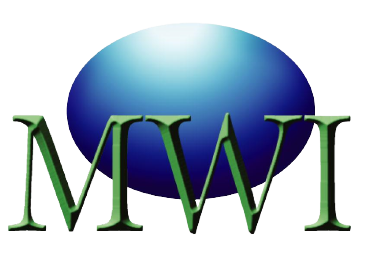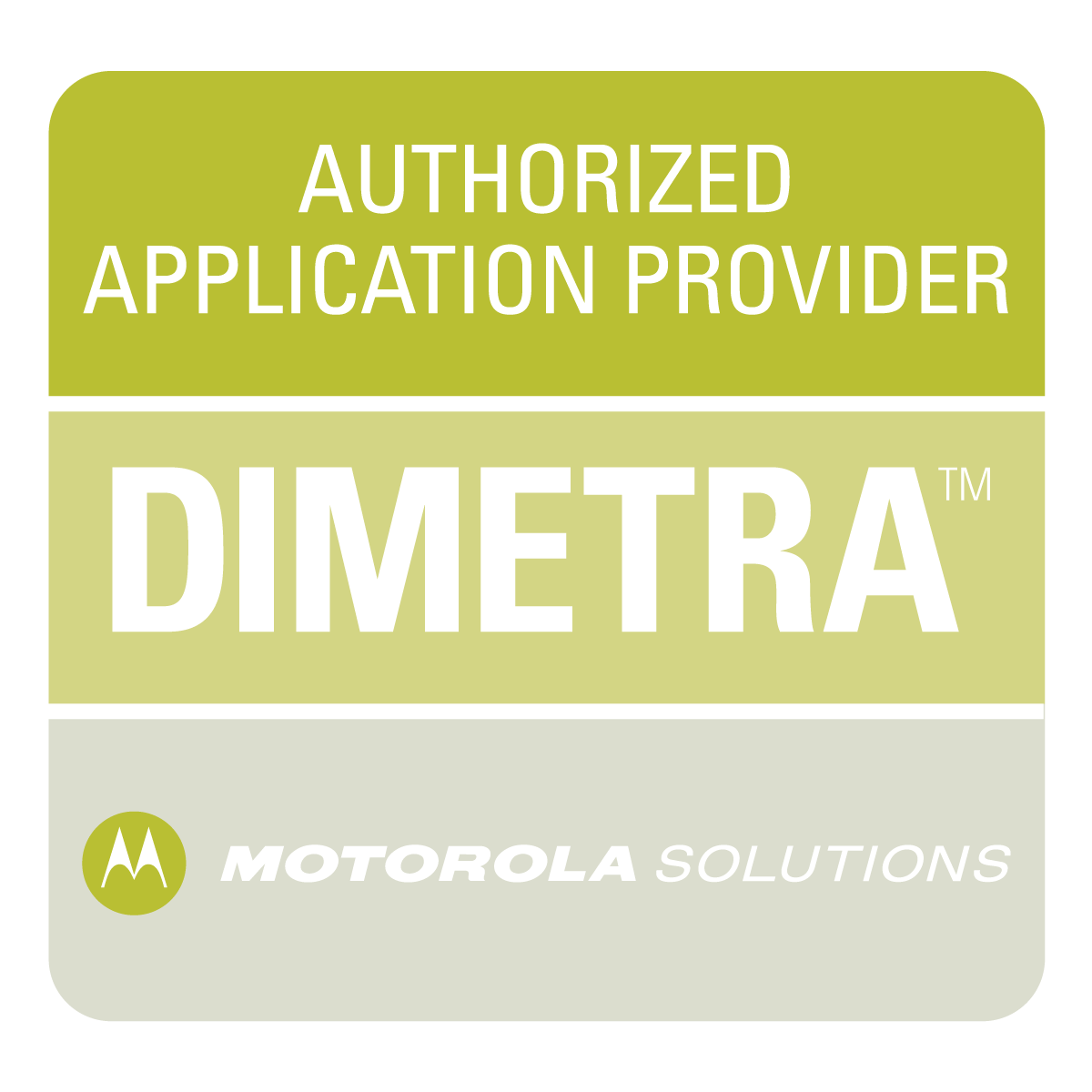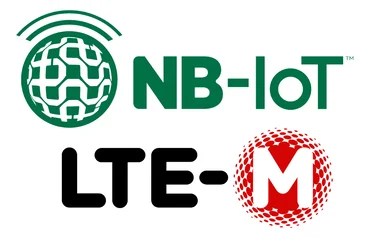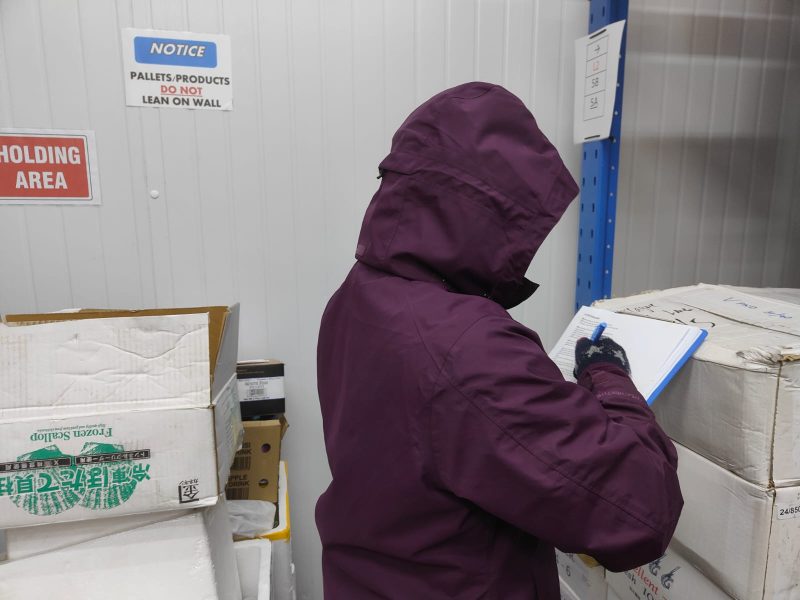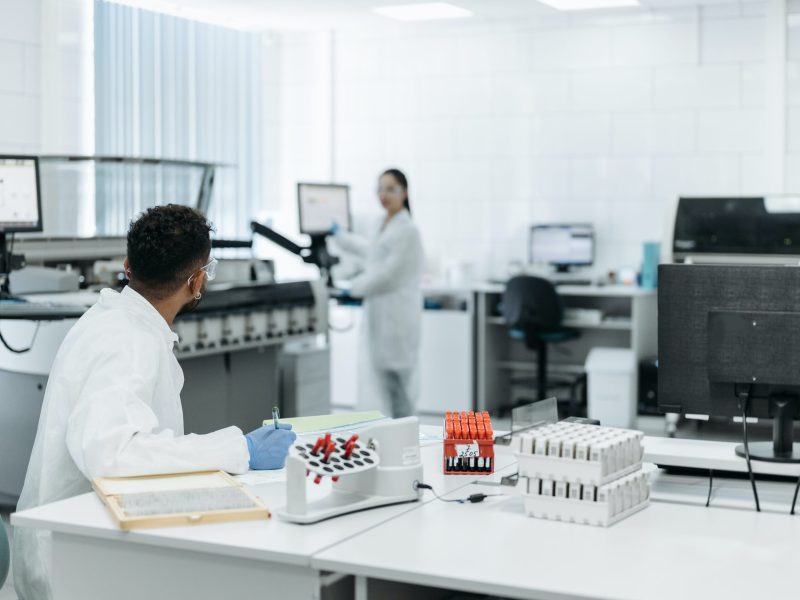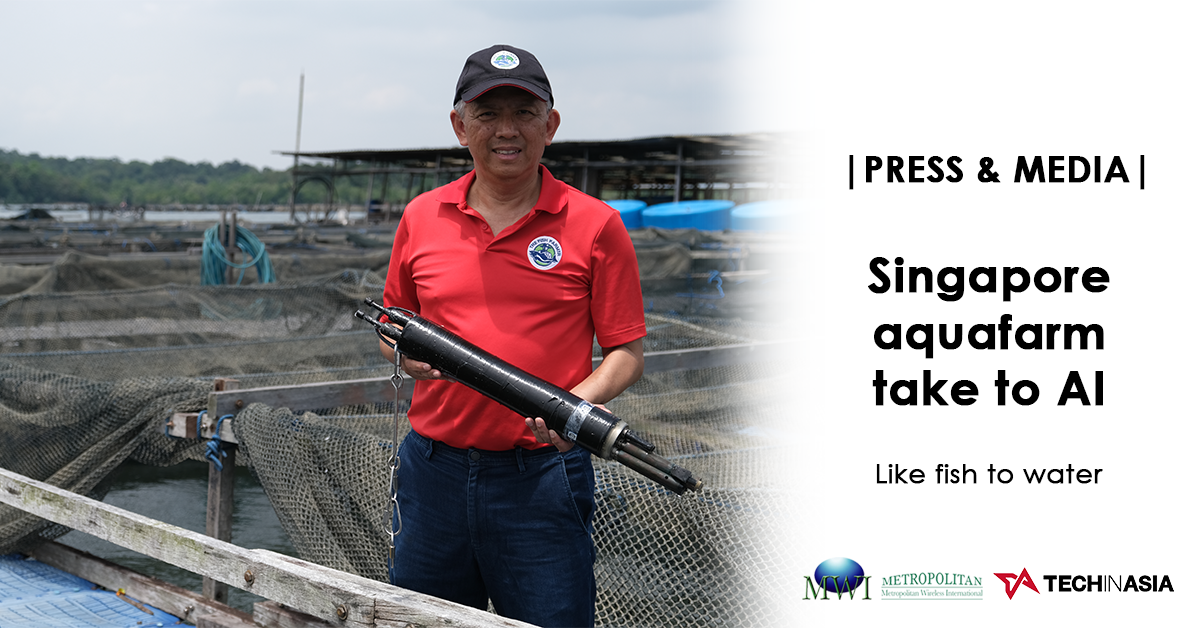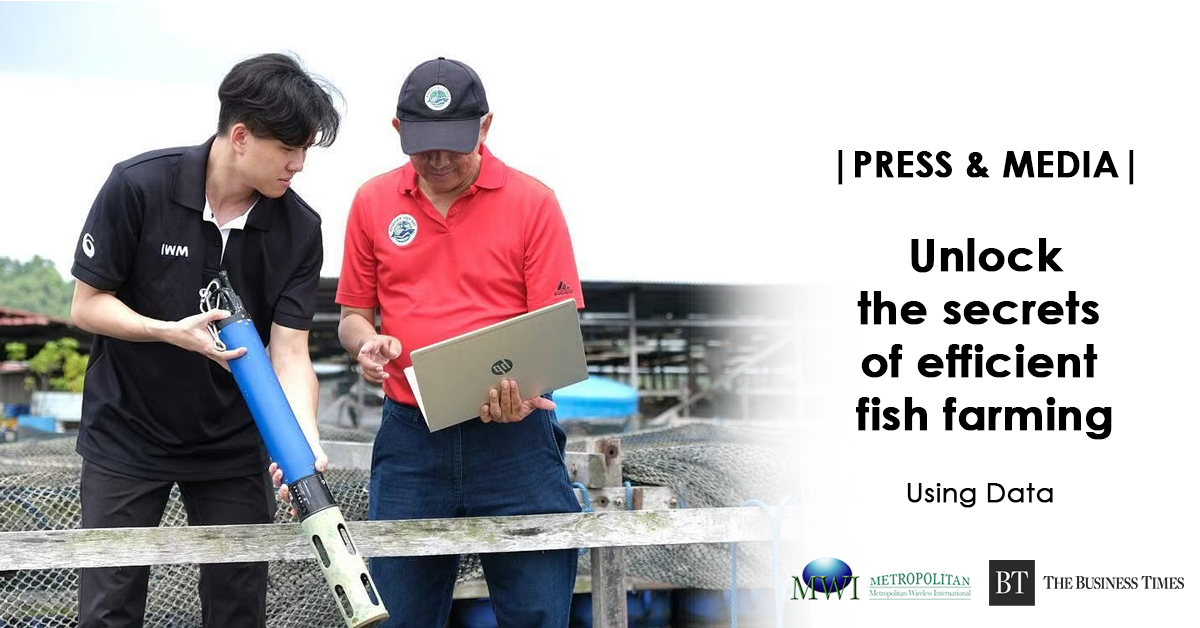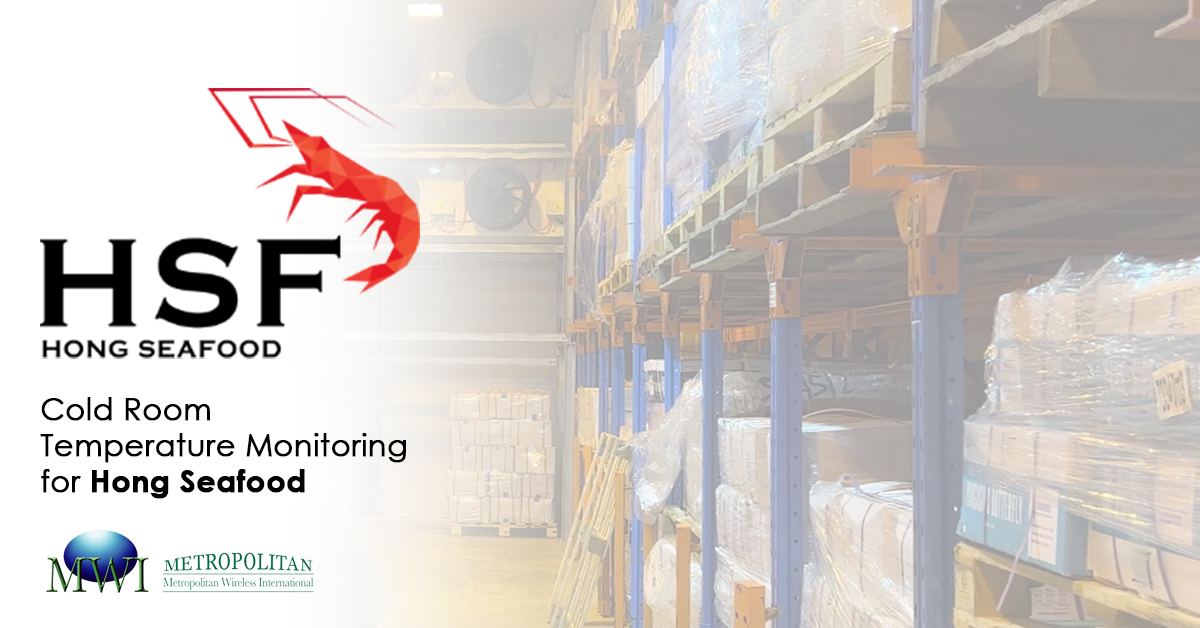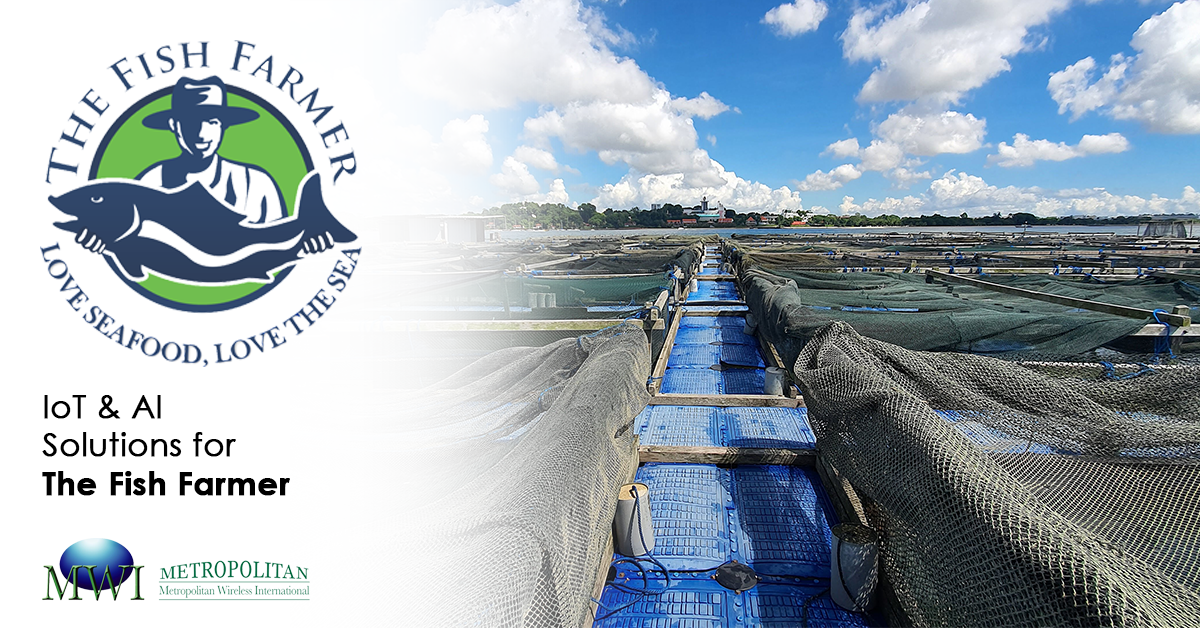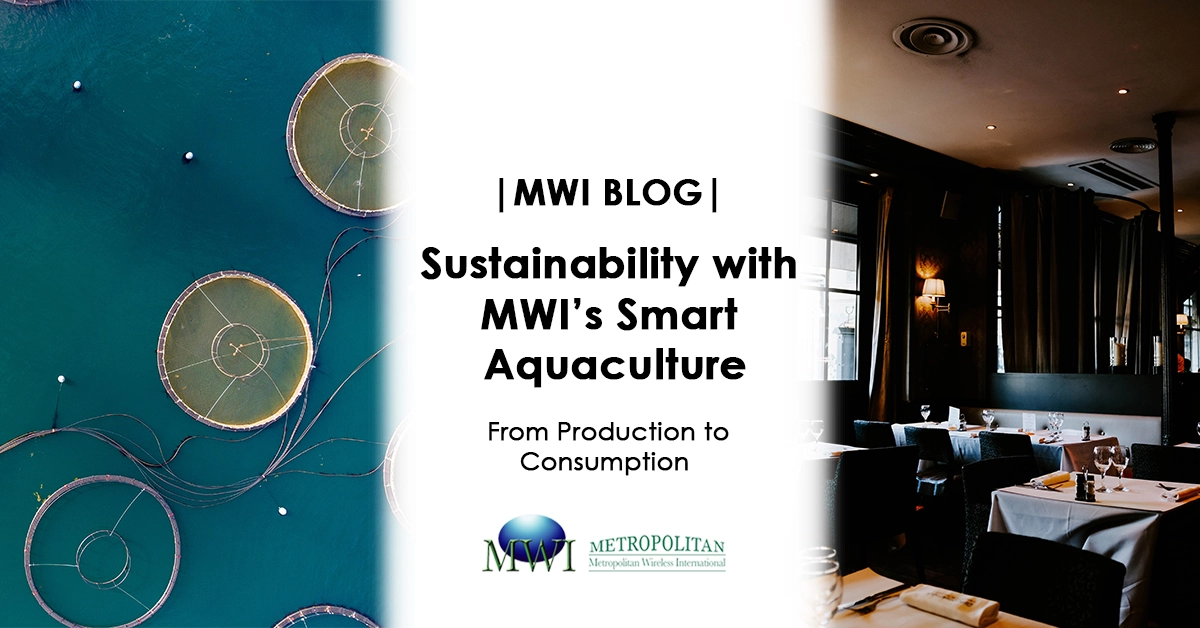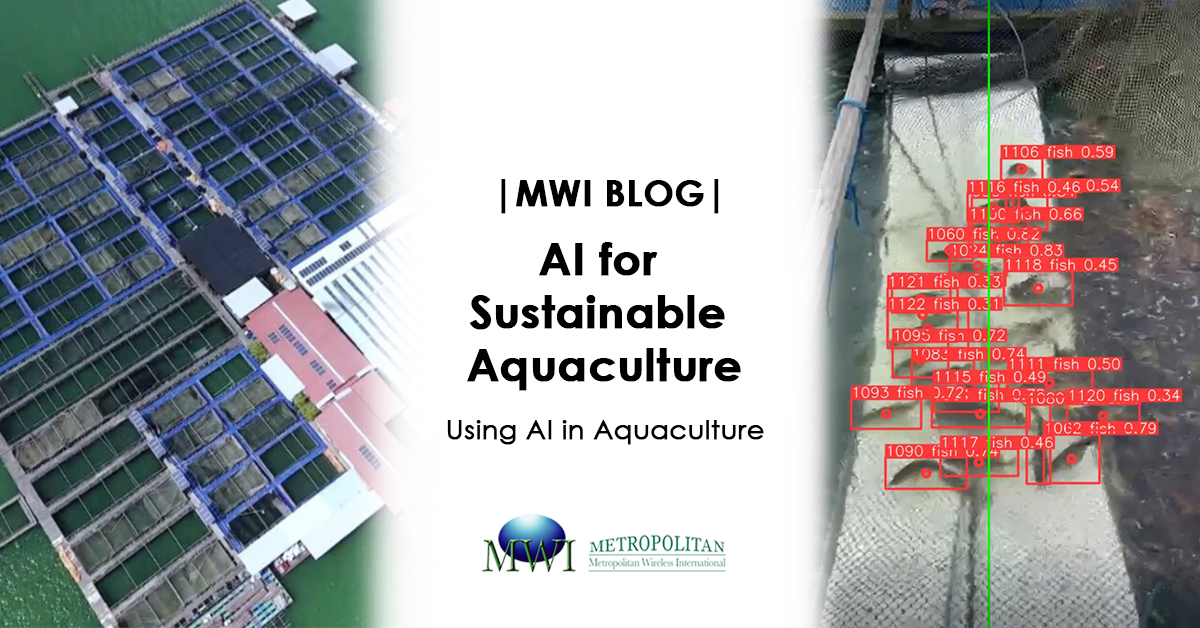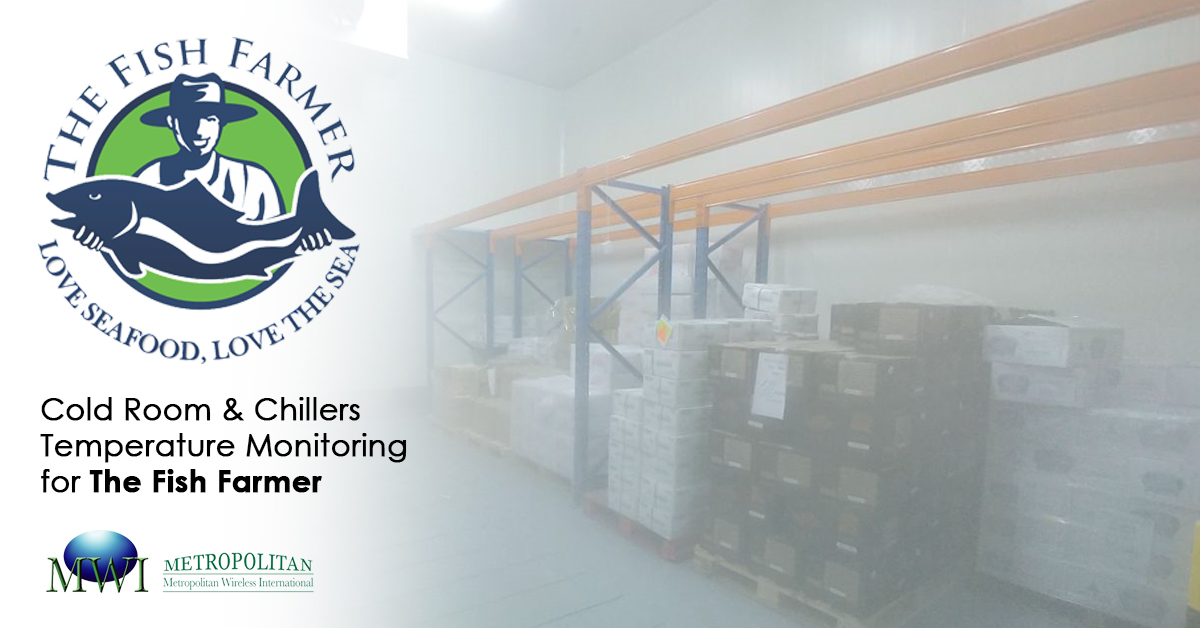End-to-End IoT Solutions
Most end-to-end (E2E) IoT solutions will have the following components.
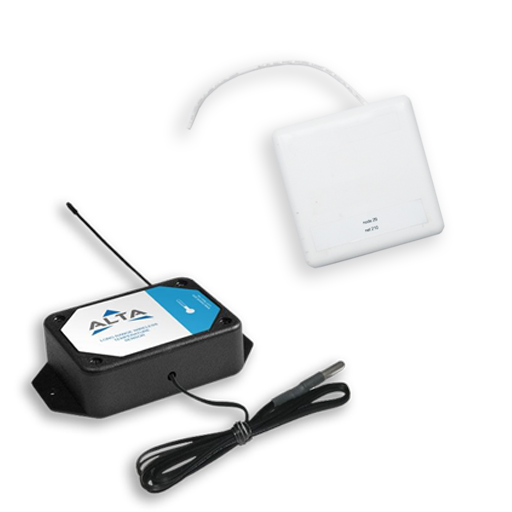
Sensors
The devices that detects and responds to some type of input from the physical environment. Data are captured by the sensors and send further down the IoT stream.
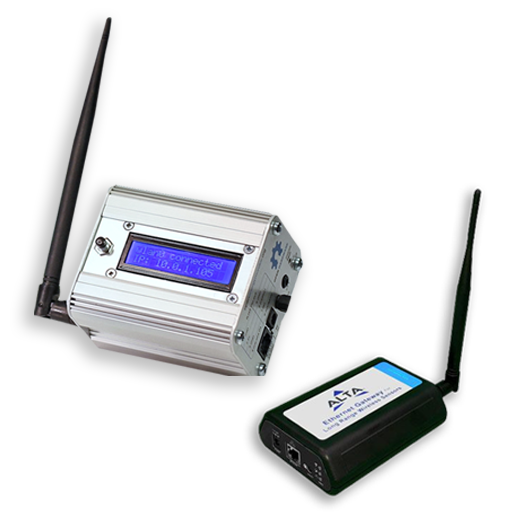
Connectivity
The available data acquisition techniques to retrieve the data from the sensors to the IoT platform. There is no one-size-fits-all technique for data acquisition, the solution varies for different circumstances.
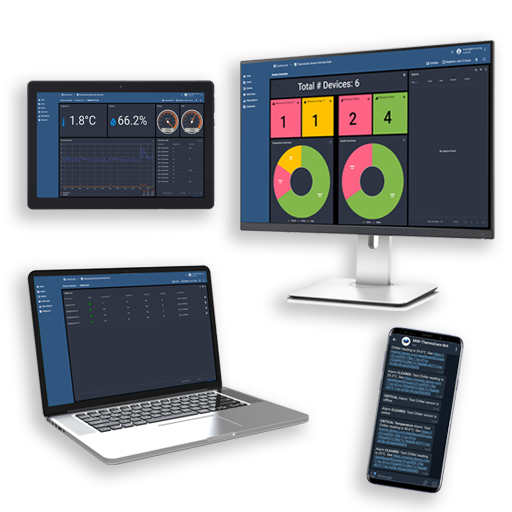
IoT Platform
The data collected from the sensors will be processed on the IoT platform for visualization, automation, and more. The IoT platforms are typically hosted on cloud, and on-premise in rare situations.
- Receive alerts when environment deviates
- 24/7 Remote and real time monitoring
- Collect data in their business operations
- Automate manual processes
- Compliance with regulations
- Avoid loss of goods
- Improved operational efficiency
- Better business decision making
It depends on the circumstance, and most data transmission techniques today such as LoRaWAN are low-powered which allows for the sensors to be battery-powered.
There are still reasons why certain sensors has to draw power directly from a power source, especially if they are not operating on a low-powered data transmission technique.
For data transmission techniques like LoRaWAN, the protocol is only used between the sensors to the gateway. The gateway will consolidate data from the sensors and upload them to the cloud via Ethernet, WiFi, or Cellular protocols. Think of the gateway as a router that connects the sensors to the internet.
For data transmission techniques like NB-IoT, there are base stations deployed by telco companies around the globe that supports the protocol. So the sensors can send the data to the internet directly without the need for a gateway.
Clients would prefer to not store their data on cloud for sensitive projects that requires very high security measures such as government projects.
There is usually higher budget for these projects as conventional IoT concepts are designed for cloud architecture and deployment on-premise would produce complicated challenges for engineers to overcome.
IoT Sensors
Available sensors in the market and their use cases.
Temperature
Applications
- Food Storage
- Pharmaceutical Labs
- Medical Warehouses
Light
Applications
- Smart Office
- Smart Agriculture
Indoor Air Quality
Applications
- Smart Building
- Hospitals
- Schools
Humidity
Applications
- Food Storage
- Server Rooms
- Document Rooms
Sound
Applications
- Equipment Fault Detection
- Pest Detection
Passive-Infrared
Applications
- Occupancy Detection
- Smart Office
- Smart Restrooms
Power
Applications
- Green Building
- Energy Efficiency
- Power Outage
Water Quality
Applications
- Aquaculture
- Water Utility
- Water Quality Research
Ultrasonic
Applications
- Smart City
- Garbage Bin
IoT Technologies
Popular low-powered technologies that are used in IoT deployments.
*MWI works with all these technologies by the way
LoRaWAN is a low-power, wide area networking (LPWAN) protocol built on top of the LoRa radio modulation technique. An all rounded, reliable technology.
It is an abbreviation for Long Range Wide Area Network.
LoRaWAN is an open standard that is secure by design (3 layers of AES-128). Because of its popularity, there are many LoRaWAN hardware manufacturers in the market.
There are companies like SPTEL who are providing network-as-a-service to other businesses (like MWI) by deploying LoRaWAN gateway around for other businesses to tap onto.
Sigfox is a low-power, 0g LPWAN technology owned by Unabiz.
The technology boast super low power consumption with good coverage around the globe due to the widespread deployment of Sigfox base stations.
Sigfox is proprietary to Unabiz, it is obligatory to work with Unabiz’s Sigfox cloud when working with Sigfox devices.
NB-IoT and LTE-M are LPWAN technology standards developed by 3GPP.
Coverage for NB-IoT and LTE-M are dependent on the Telco Operators around the world.
This is because NB-IoT and LTE-M operates in the licensed spectrum, they are typically deployed in-band within a normal LTE carrier.
Many M2M SIM card solutions providers such as ThingsMobile and Onomondo, works with Telco Operators around the world for their business.
Wirepas is a mesh technology that emphasizes on decentralization.
The self-healing features of a mesh network provides natural redundancy and even out the data traffic between nodes.
The technology is especially good for relaying data out of an area without cellular signal coverage with low energy battery-operated mesh nodes.
MWI IoT Value Add
How MWI provides value in our IoT solutions.
Develop your own dashboard and features with us or simply use our off-the-shelf solutions.
With over 30 years of software development experience, our team have created affordable software to cater to the masses, as well as tailor-made solutions for specific clients.
Common customization requests includes white-labelling, bespoke features, and API integration to proprietary platform or software.
With years of experience in deploying IoT solutions, our team is aware of what works and what does not.
As consultants, we walk the talk. This means we will advice you on how to solve the problem, and work together with you to solve the problem.
We believe in long-term relationship, so our work with our clients extends beyond the deployment of the solution. We continue to study the data together, and develop new solutions for the clients.
MWI works with many key players in the IoT industry.
We work with IoT device manufacturers, calibration labs, consultancy to off-load burden of our clients by providing an E2E solution.
Because our partners are key players in the IoT industry, this means that the products that are part of our solutions are of a recognized standard and quality.
IoT Applications
Real-World IoT Applications
